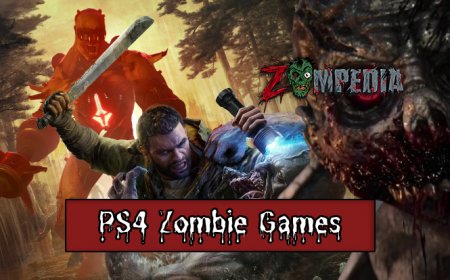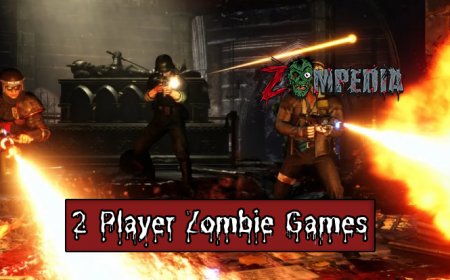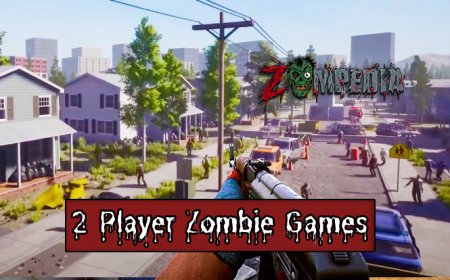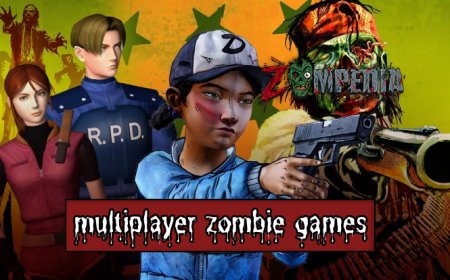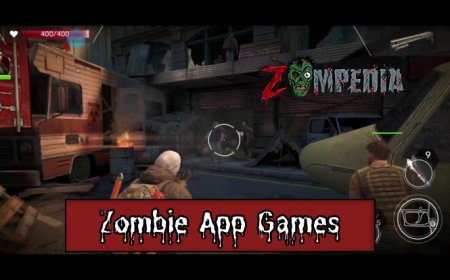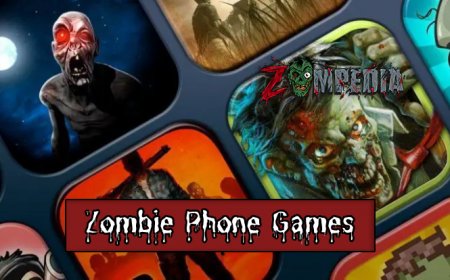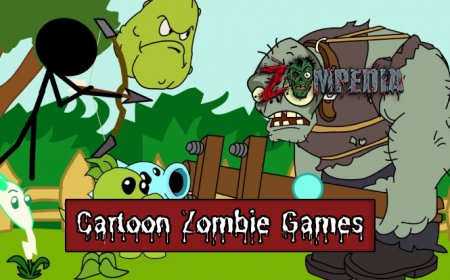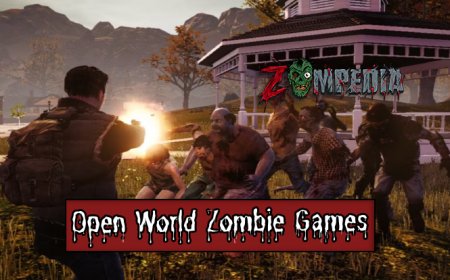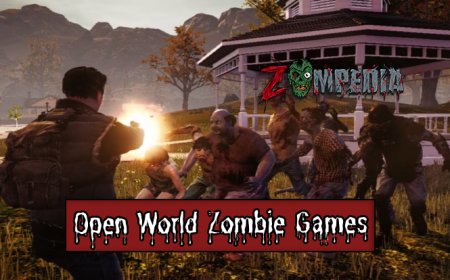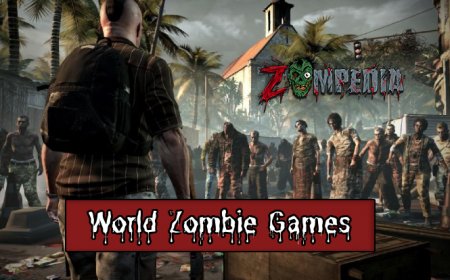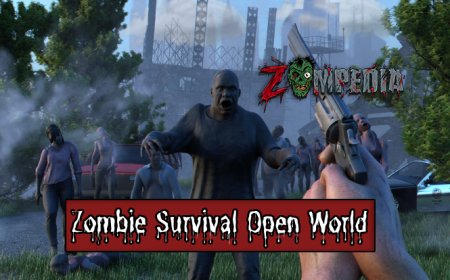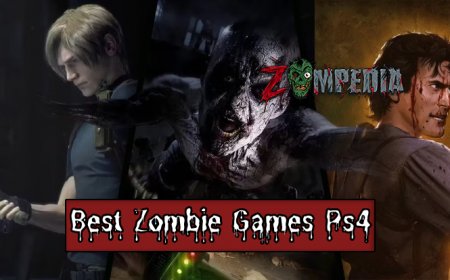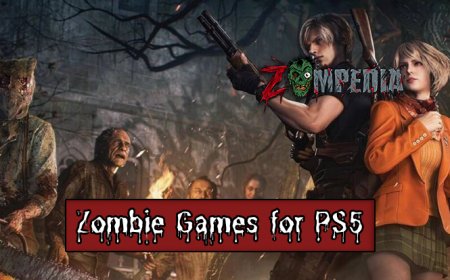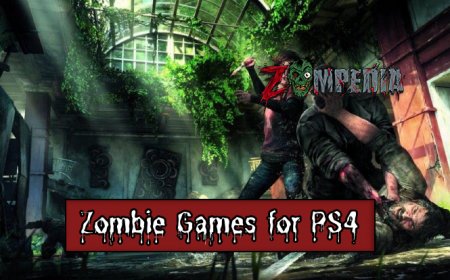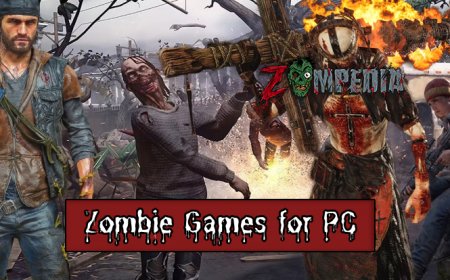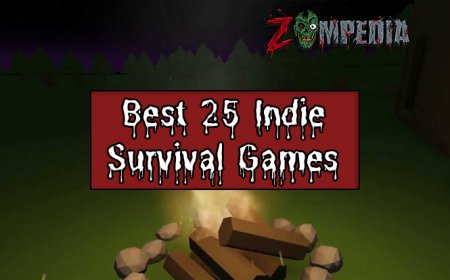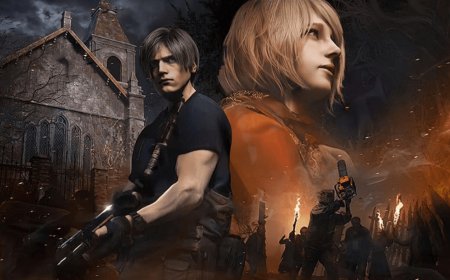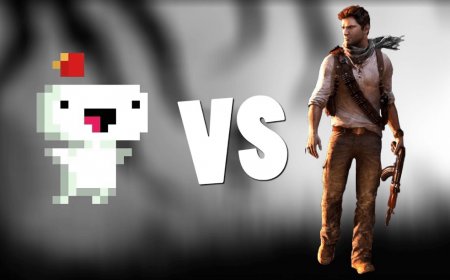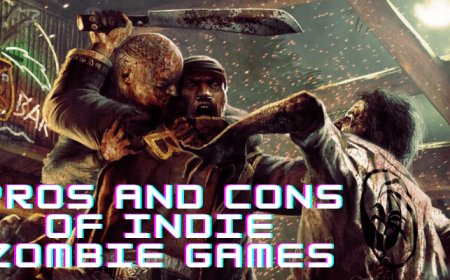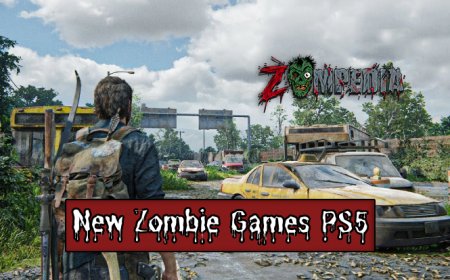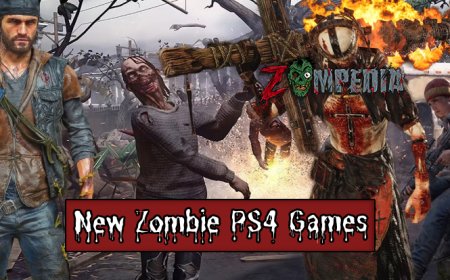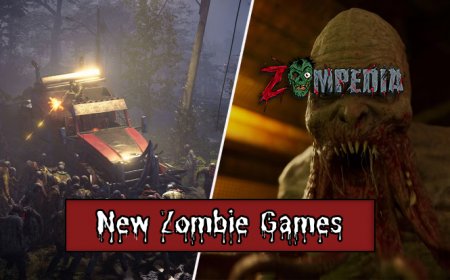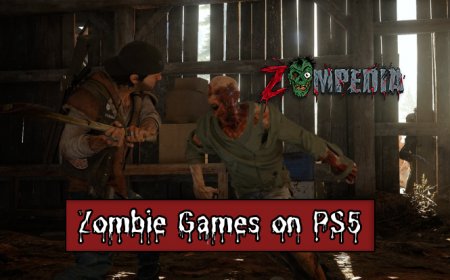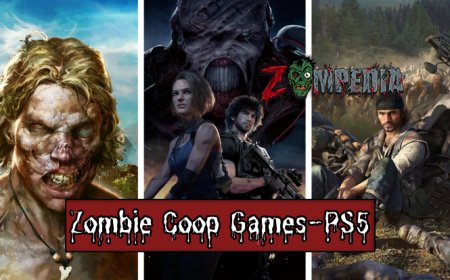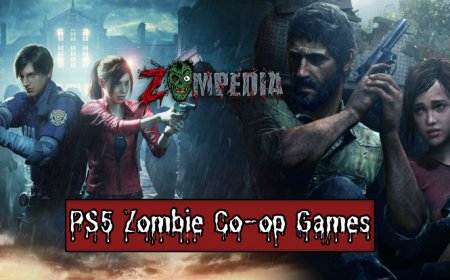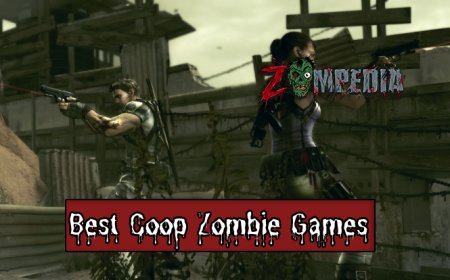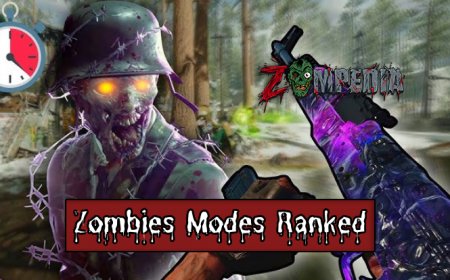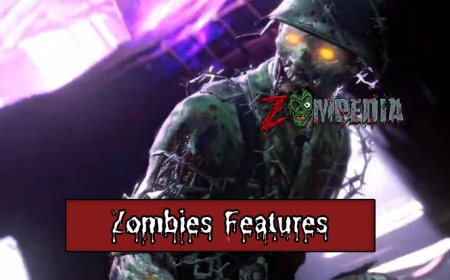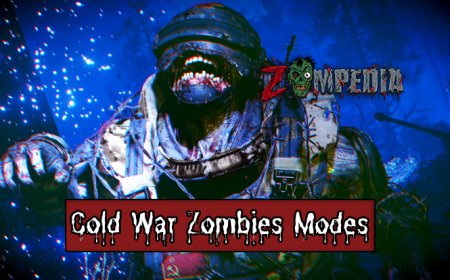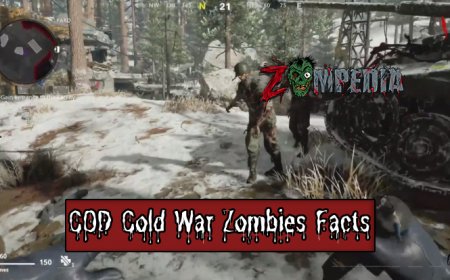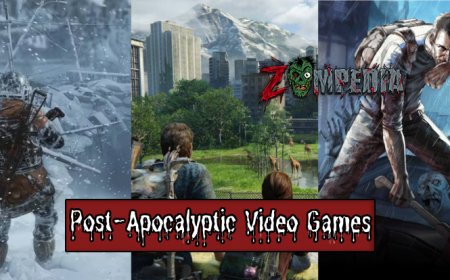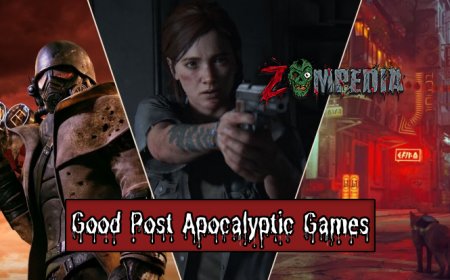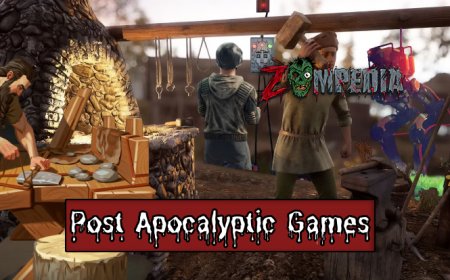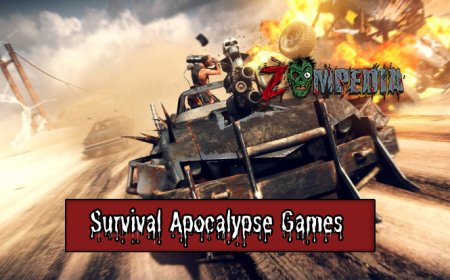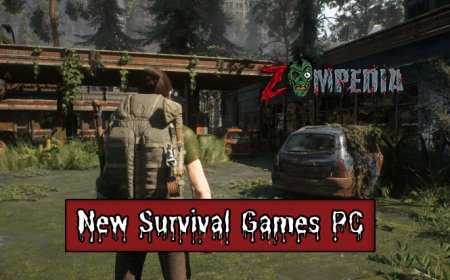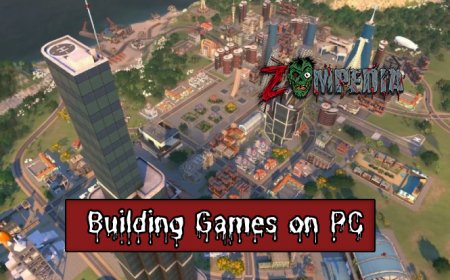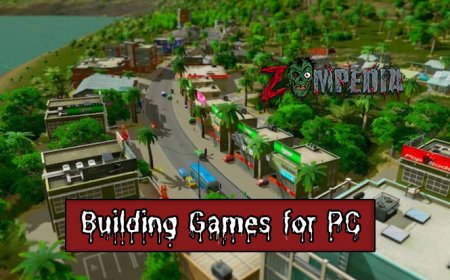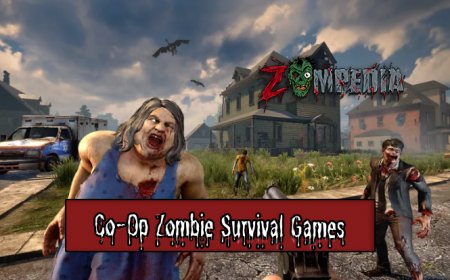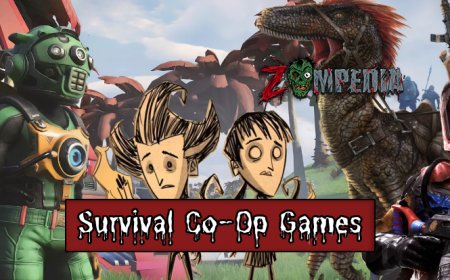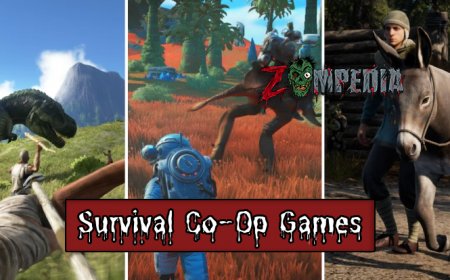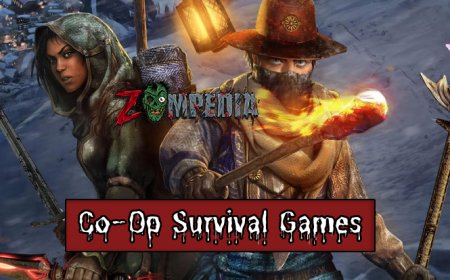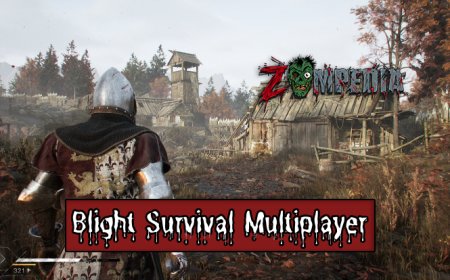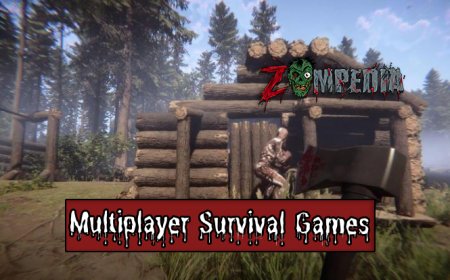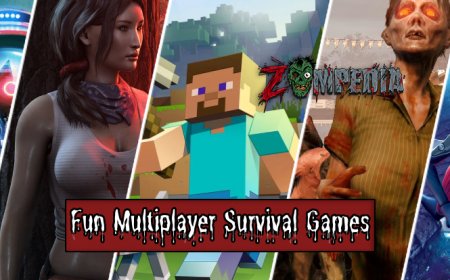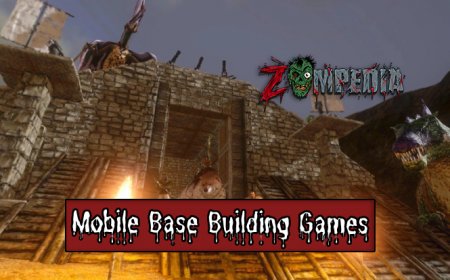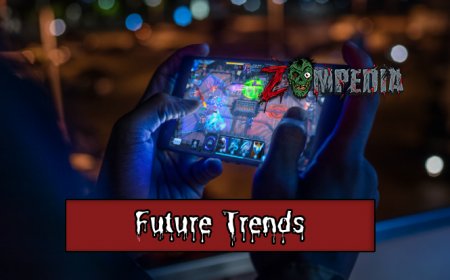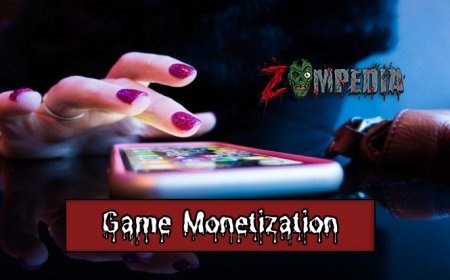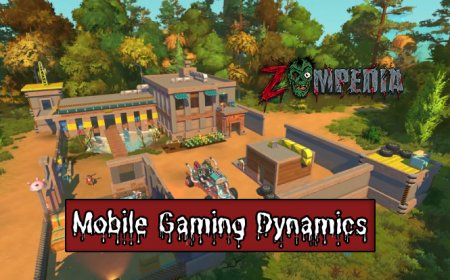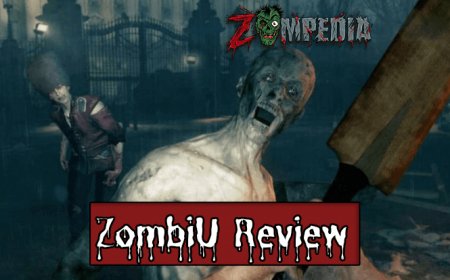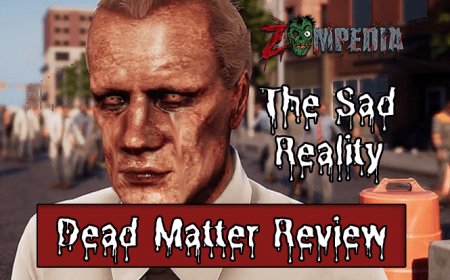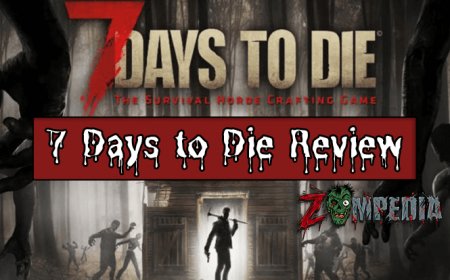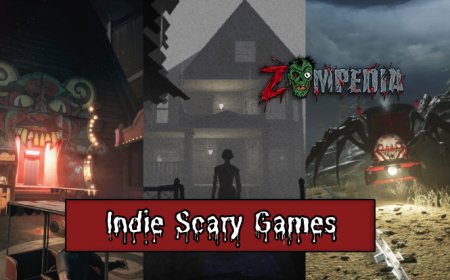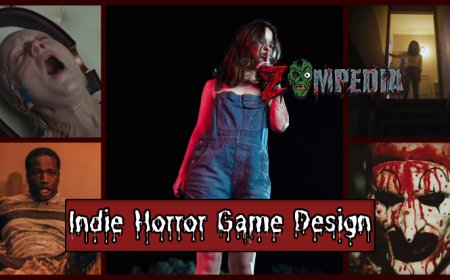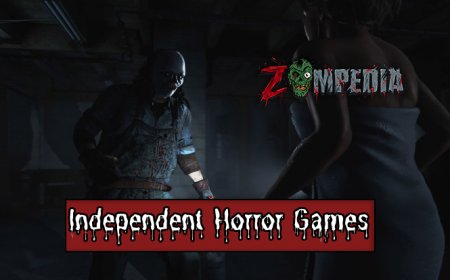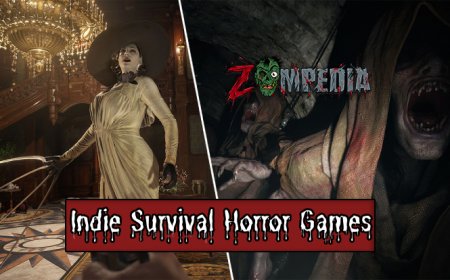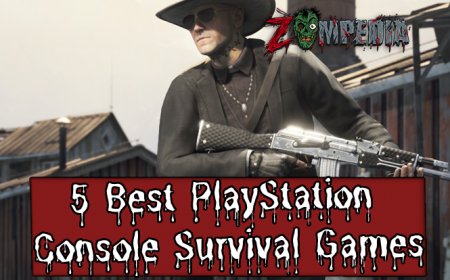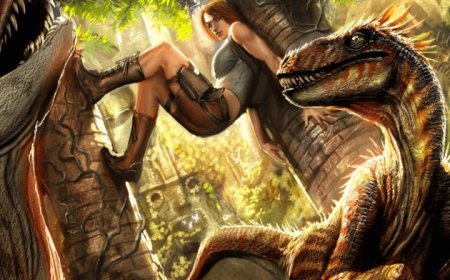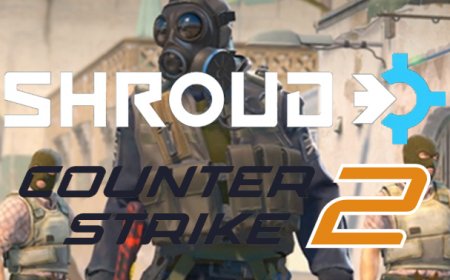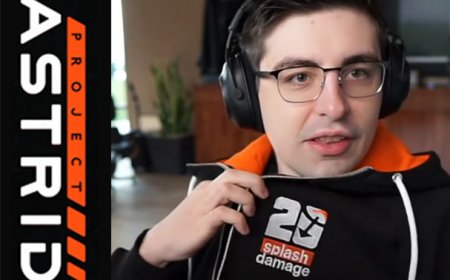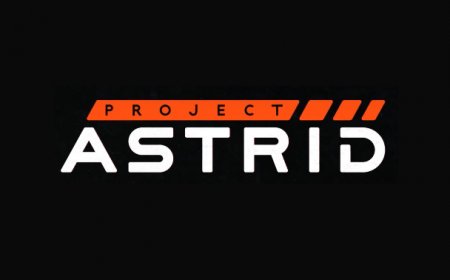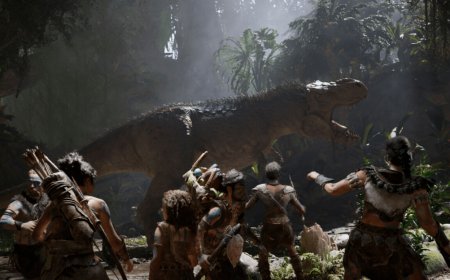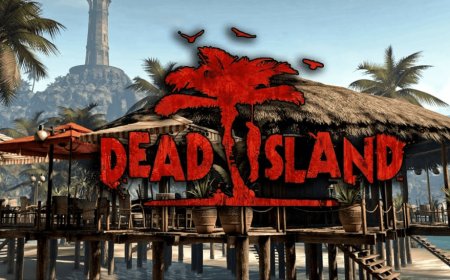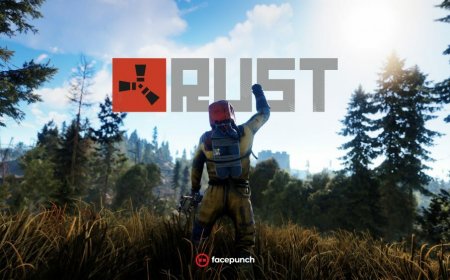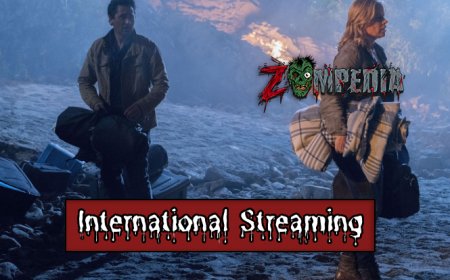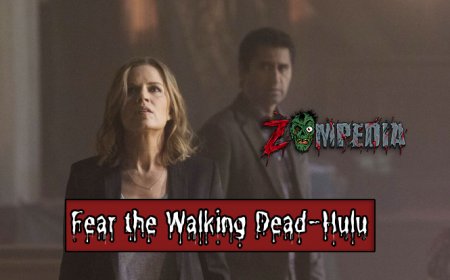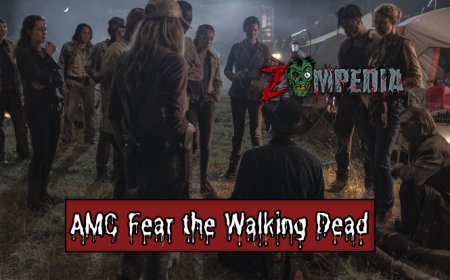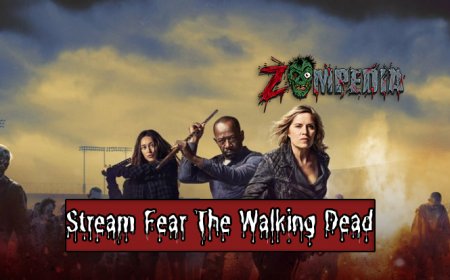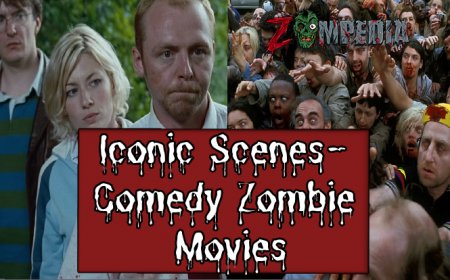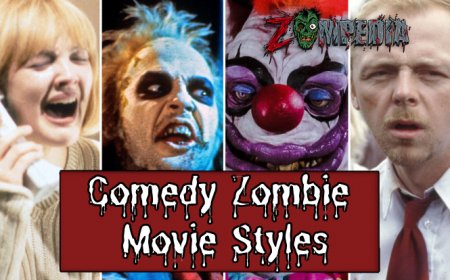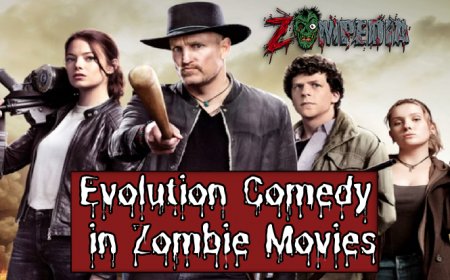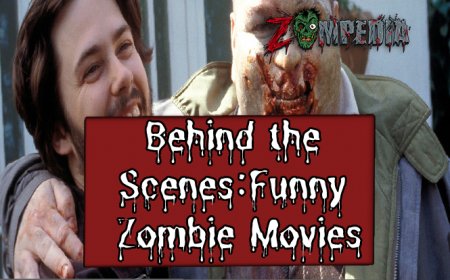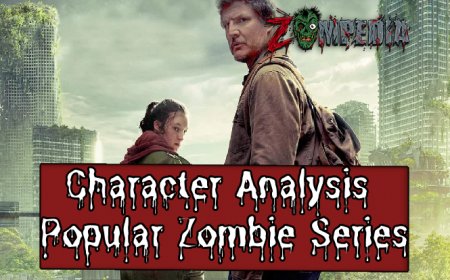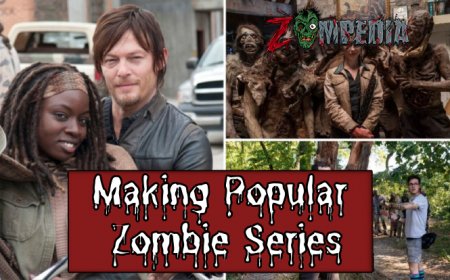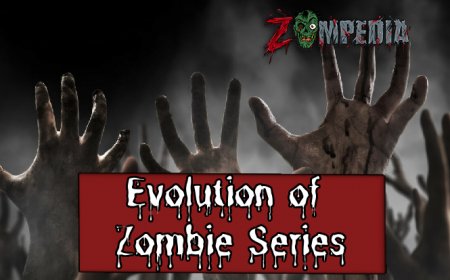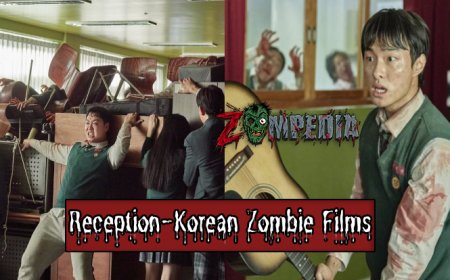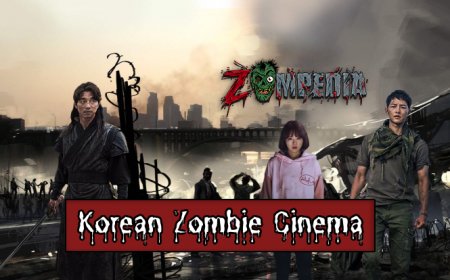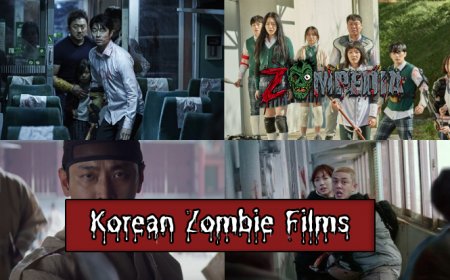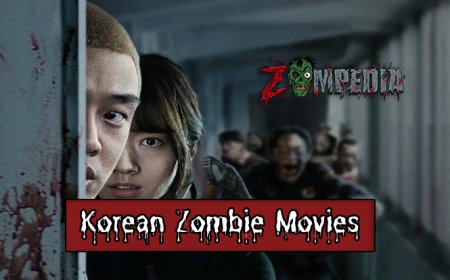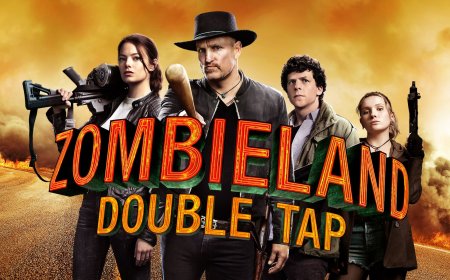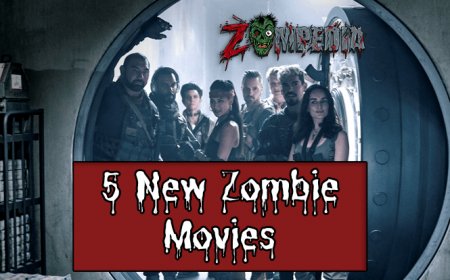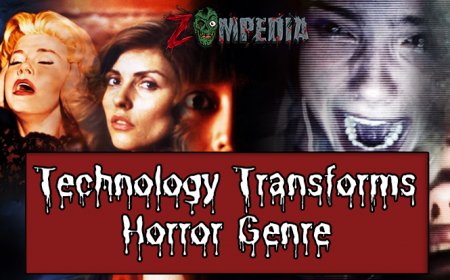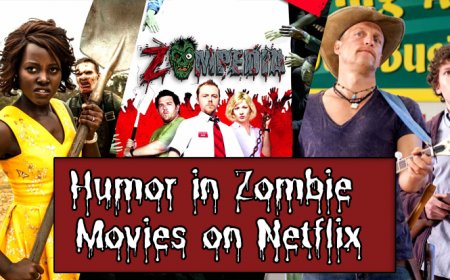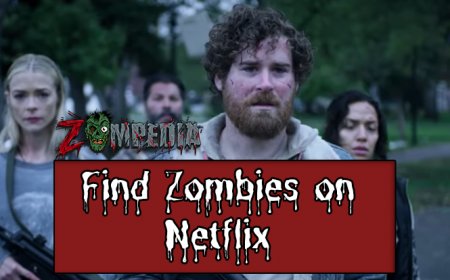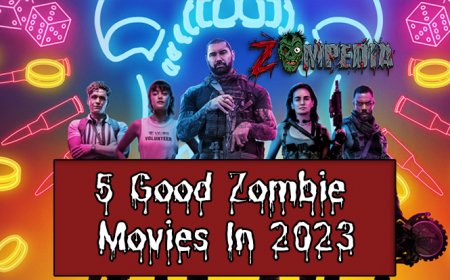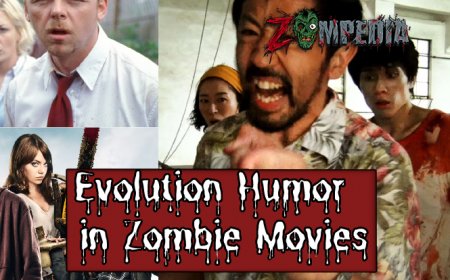Top Comedy Zombie Movie Directorial Styles Explored
Explore different directorial styles in comedy zombie movies. Learn how each unique style contributes to the humor and overall experience of these films.
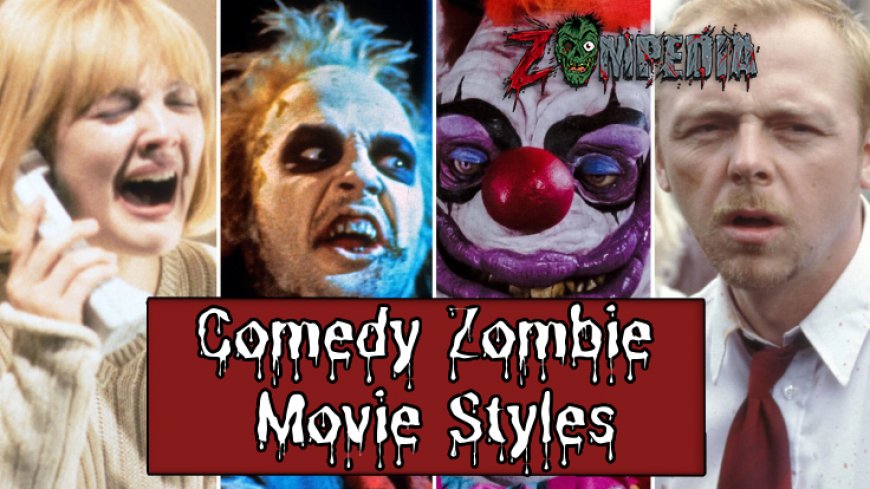
Comedy zombie movies have carved their space in the film industry as a captivating subgenre, filled with unmatched humor and creative storytelling. These films provide a blend of horror, suspense, and comedy, offering a unique experience to viewers looking for lighthearted entertainment. A crucial factor contributing to the comedic success of these films lies in their directorial styles. Directors play an essential role in shaping the tone, aesthetic, and overall humor of comedy zombie movies. In this article, we will explore the different directorial styles found within the subgenre and discuss their impact on some of the most highly regarded comedy zombie films.
Table of Contents
1. Parody and Satire
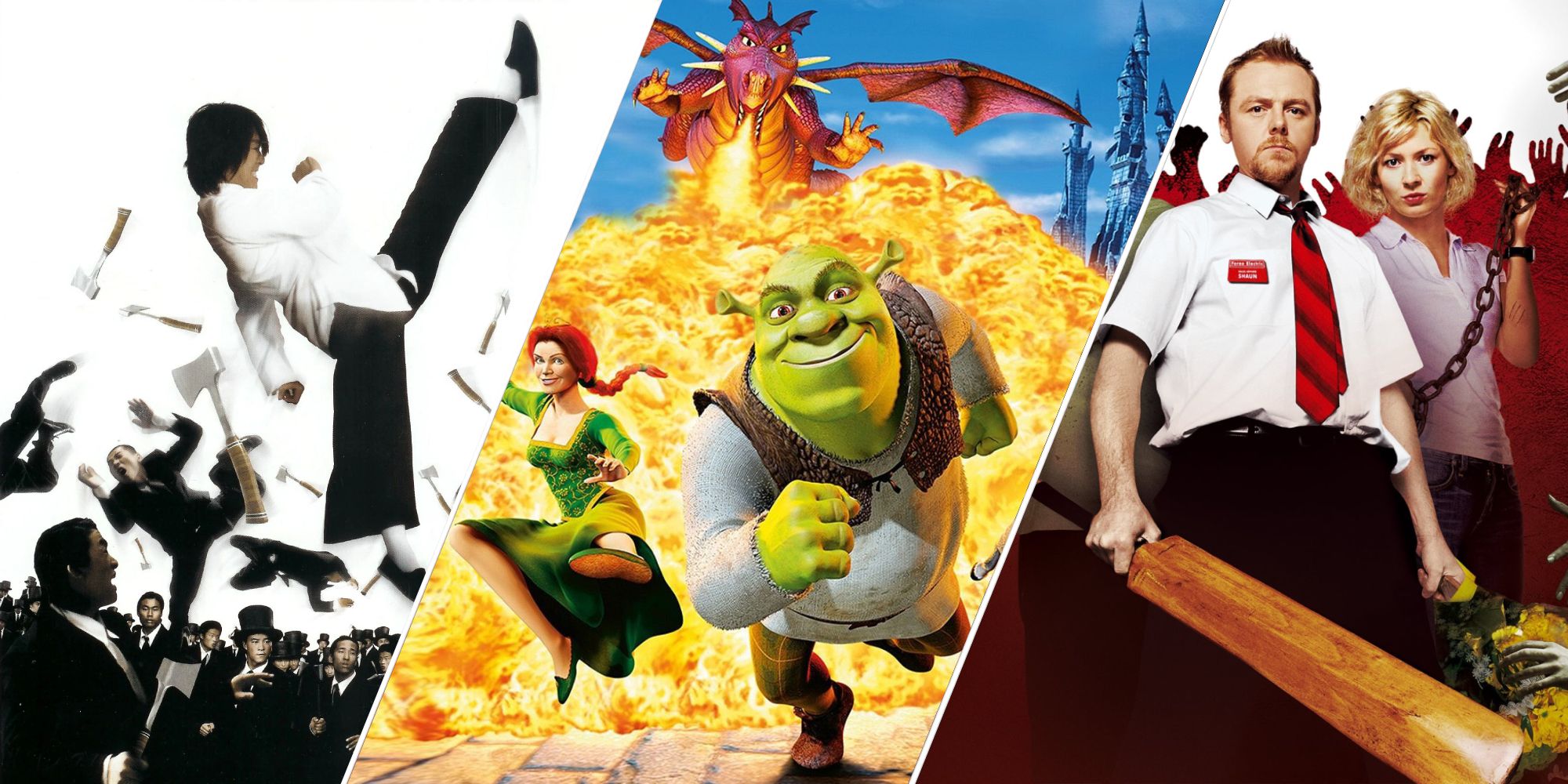
Parody and satire are two distinctive directorial styles that involve exaggerating and ridiculing aspects of the genre to poke fun at its conventions. Parody deliberately imitates and exaggerates the specific elements of the zombie movie genre, such as the tropes, cliches, or patterns. In contrast, satire utilizes humor, irony, and exaggeration to criticize and expose the absurdities of society or human weaknesses.
Some comedy zombie movies use both parody and satire to blend comedic elements, creating a distinct take on the genre. These films use situational and verbal irony to amplify the humor and mock the flaws in both the world of the undead and the real world. Notable directors who have effectively used parody and satire in their comedy zombie films include Edgar Wright with Shaun of the Dead (2004) and Ruben Fleischer with Zombieland (2009).
2. Slapstick Comedy
Slapstick comedy is another directorial style typically associated with exaggerated physical humor, where characters encounter various obstacles, troubles, and accidents. This form of comedy involves pratfalls, clumsy actions, and even absurd violence, all of which contribute to a humorous atmosphere.
Slapstick comedy works well in the context of zombie movies as it provides light-hearted humor amidst the inherently gruesome and morbid nature of the undead. Directors may use slapstick to create moments of laughter amidst the chaos, working as a perfect foil to the typical tension and suspense found in zombie movies. A prime example of slapstick comedy in a zombie movie can be found in Peter Jackson's film, Braindead (1992), also known as Dead Alive, which is known for its over-the-top gore and exaggerated physical humor.
3. Deadpan Humor

Deadpan humor, also known as dry humor, is a directorial style that relies on the deliberate absence of emotions or reactions. Characters deliver their lines and perform actions with stoic, straight faces, creating an ironic contrast and highlighting the absurdity of a situation. The humor in deadpan comedy comes from the discrepancy between the dramatic situation and the characters' nonchalant attitudes or understated responses.
In comedy zombie movies, deadpan humor can be highly effective as characters encounter the ludicrous nature of a zombie-infested world with calmness and composure. The clash between the characters' attitudes and their surroundings creates a unique brand of humor. A prime example of deadpan humor in comedy zombie movies is Jim Jarmusch's film, The Dead Don't Die (2019), which features a star-studded cast facing the absurdity of the zombie apocalypse with absolute nonchalance.
4. Character-driven Comedy
In a character-driven comedy, humor springs from the unique personalities, actions, and interactions of the characters in a film. These directorial approaches focus on the characters' dialogue, relationships, and development, letting the humor naturally unfold as the story progresses. As opposed to relying on gags, slapstick, or other external comedic elements, character-driven comedy emerges from the heart of the narrative.
Character-driven comedy can be especially engaging in the context of zombie movies, as it humanizes the characters, allowing the audience to empathize with them and their plights. The humor emerges from the characters' quirks, flaws, and growth, instead of relying solely on their grim circumstances. In the film Shaun of the Dead (2004), directed by Edgar Wright, the chemistry between the main characters, Shaun and Ed, provides continuous laughter as they navigate their way through a zombie apocalypse. Their relatable friendship and banter keep the audience invested in their journey and the humorous situations they encounter.
5. Dark Comedy

Dark comedy is a directorial style that juxtaposes humor with serious, morbid or taboo subjects, such as death, violence, and despair. This gritty form of comedy often encompasses bleak, ironic, or occasionally twisted humor, creating a cathartic reaction by ultimately making light of these macabre themes. Dark comedy thrives in comedy zombie movies due to the inherent juxtaposition of the undead and morbid circumstances with wit and laughter.
By poking fun at the inherent horrors and misfortunes of a zombie-infested world, dark comedy allows the audience to confront and explore their anxieties and fears in a humorous and engaging manner. Unpredictable and thought-provoking, dark comedies can derive humor from the bleakest situations, shedding light on the absurdities and frailties of human existence in the face of an apocalyptic world. Critically acclaimed director George A. Romero is known for utilizing dark comedy in his zombie films, notably in Day of the Dead (1985), wherein the characters' interactions with the undead are tinged with grim humor.
Conclusion
To conclude, directorial styles serve as the backbone of comedy zombie movies, as they influence the overall tone and atmosphere of these highly entertaining films. Exploring the distinct approaches of parody and satire, slapstick comedy, deadpan humor, character-driven comedy, and dark comedy, it becomes apparent that each style contributes to the humorous and captivating nature of the subgenre. Directors like Edgar Wright, Ruben Fleischer, Peter Jackson, Jim Jarmusch, and George A. Romero have each employed one or more of these styles to great effect in their respective films, cementing their status in the world of comedy zombie cinema.
As a unique and engaging subgenre, comedy zombie movies continue to captivate audiences with their distinct blend of humor, horror, and adventure. From the immersive and quirky universe of Shaun of the Dead to the dry wit of The Dead Don't Die, the diverse directorial styles found within these films grant viewers an unforgettable and laughter-filled experience amidst a dark and chaotic world.
What's Your Reaction?







